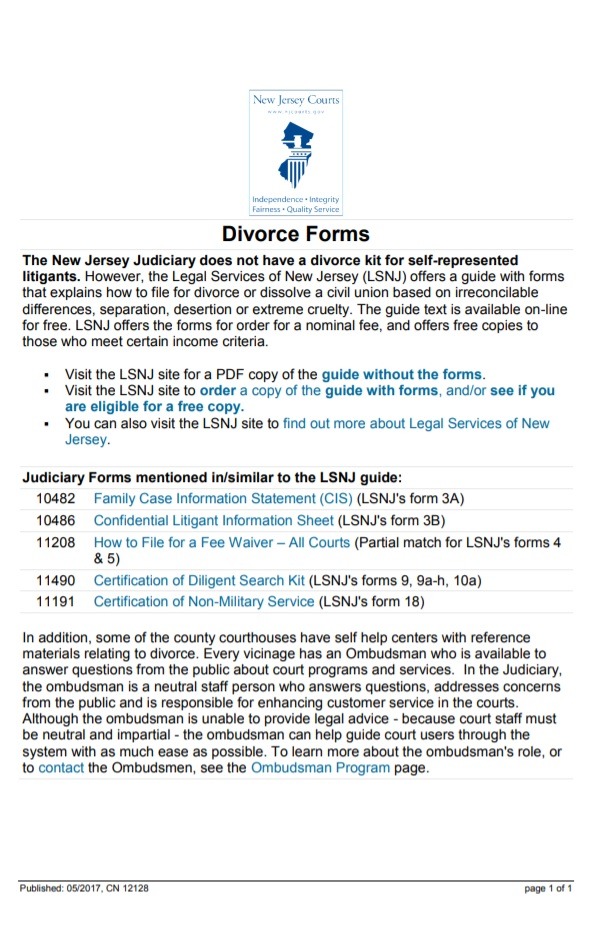
L ocal Rule 101.1 governs the court’s bar admission procedures.ĬOVID-19: CHANGES TO ATTORNEY ADMISSION PROCEDURESĮffective immediately and until further notice, the requirement that the Oath of Admission be administered by a judge, attorney or notary is hereby relaxed. District Court for the District of New Jersey upon admission to the Bar of the State of New Jersey. Attorneys are not automatically admitted to the U.S. District Court for the District of New Jersey. u s c o u rts.govĪn attorney must be a member of the New Jersey Supreme Court and in good standing before being admitted to the U.S.

It is recommended that y o u check the New Jersey District Court’s website to review admission requirements, local rules, and procedures at: w ww. p O n ce you have an upgraded individual PACER account, follow the below instructions for Attorney Admission. If you do not have a PACER Account, you may register for a PACER account at: h t t ps : // w w w. If you do not have an upgraded individual PACER Account, Click HERE for procedures. I n order to request admission to practice, you must have an upgraded individual PACER account. District Court for the District of New Jersey became a NextGen CM/ECF court. District Court for the District of New JerseyĮ ffective Janut h e U.S.
#Nj court filed documents report trial
The trial court agreed, and the state appealed the case to the New Jersey Supreme Court, which then sent it back to the trial court to determine if the police had probable cause to test Adkins' blood.Procedures for Attorney Admission to the U.S.
#Nj court filed documents report driver
Supreme Court stated that if a driver is suspected of driving drunk, "'the dissipation in a suspected drunk driver's blood is not an automatic exigent circumstance." And thus, without sufficient probable cause, police needed to obtain a warrant to conduct blood tests.Īdkins cited this decision when filing a pre-trial motion claiming the police should have obtained a warrant in his case and therefore blood results should be thrown out. The case was originally filed after a man (Adkins) was arrested and convicted for a DWI and his blood tested 0.157 BAC. New Jersey Notable Court CasesĪ case of note originating in New Jersey is that of New Jersey v. Each state has at least one of these New Jersey courthouses. Federal courtīankruptcy cases, violations of federal law, class action lawsuits, and civil lawsuits involving more than one state are handled in U.S. Anyone can obtain New Jersey court records online via performing New Jersey court record lookup. The intermediate appellate court received 5,600 cases and the supreme court received 1,200 petitions for hearings in a recent year. New Jersey supreme court is the state’s highest court, with jurisdiction over all cases in which capital punishment is the sentence, constitutionality is in question, or redistricting of voters is involved. This body also hears appeals of tax board and state administrative agency decisions. When one party disputes the decision of a lower court, the case may be appealed to the state’s intermediate appellate court, part of the superior courts. Some records are restricted due to confidentiality laws, including those of juvenile cases and others in which victims of certain crimes are named. Statewide, the trial courts received more than 47,000 criminal case filings and over 463,000 civil in a recent year. A specialized family division oversees cases of New Jersey child support and custody cases, neglect, paternity, domestic violence, guardianship, foster care, and adoption.

The superior court is the general jurisdiction court that hears criminal and civil cases. The state’s tax court hears appeals of decisions made by the Board of Taxation. There were over 8 million cases filed in municipal courts in a recent year, including over 32,000 DUI charges, which can be viewed via New Jersey court case lookup. New Jersey’s 539 municipal courts handle only violations of municipal ordinances and traffic violations. These documents are public record and can be requested by anyone, they can be viewed by conducting a New Jersey court records search. Copies of New Jersey NJ court records can assist in executing the legal orders of a judge, including establishing child support payments, claiming an inheritance, evicting a tenant, enrolling in a treatment program, finding out NJ criminal records or clearing a driving record in New Jersey.


 0 kommentar(er)
0 kommentar(er)
